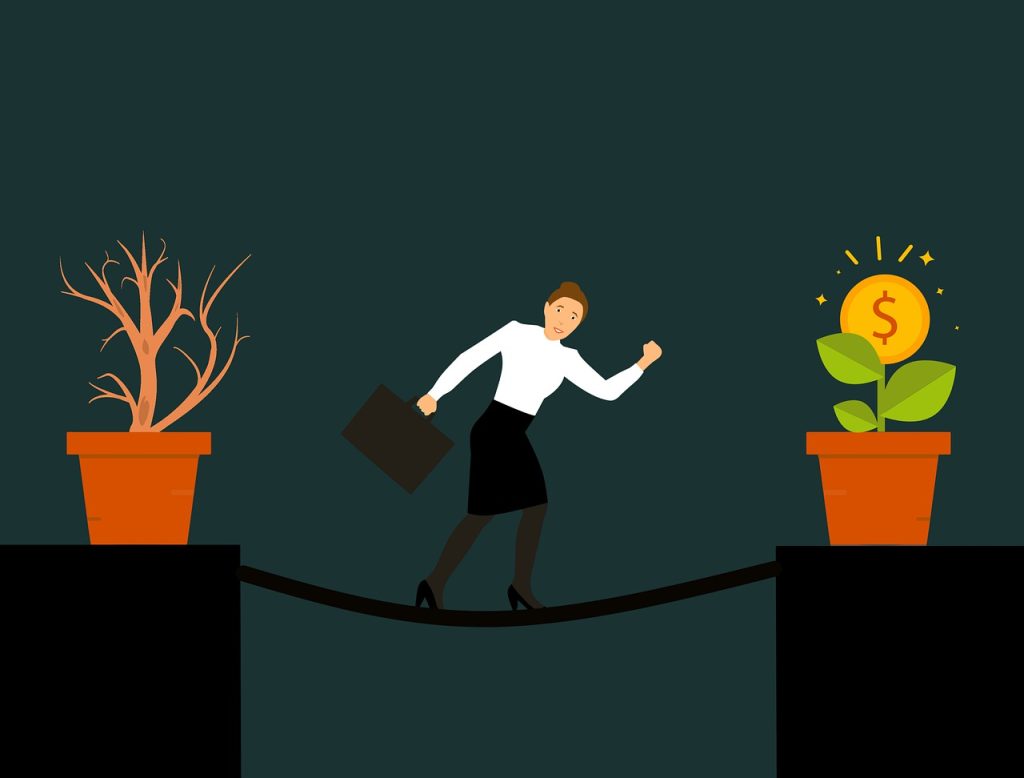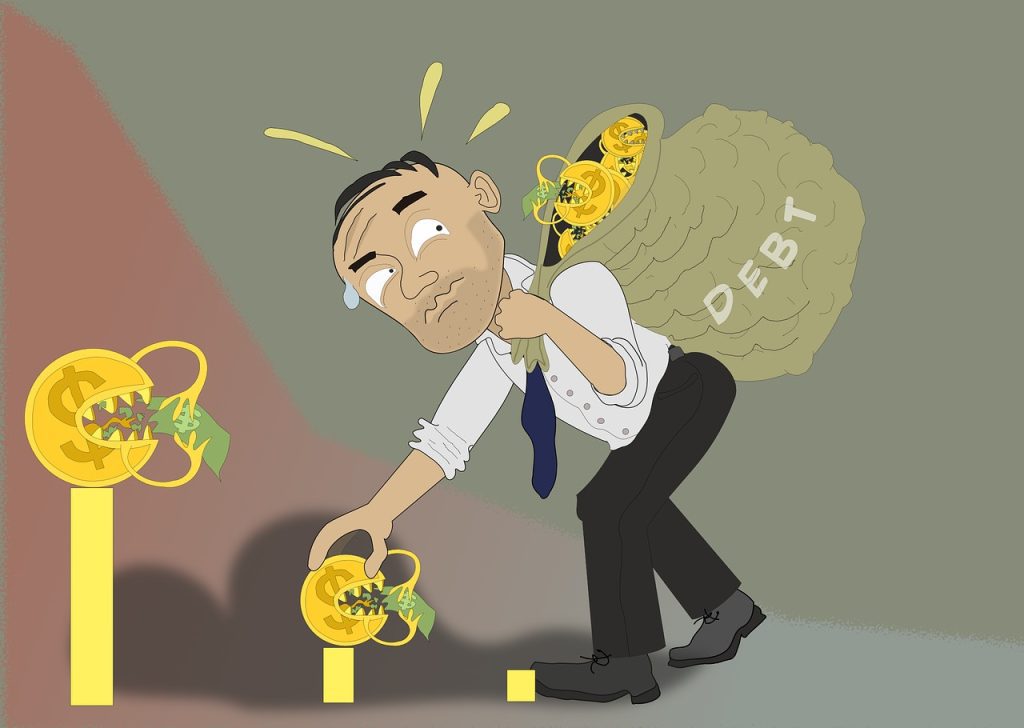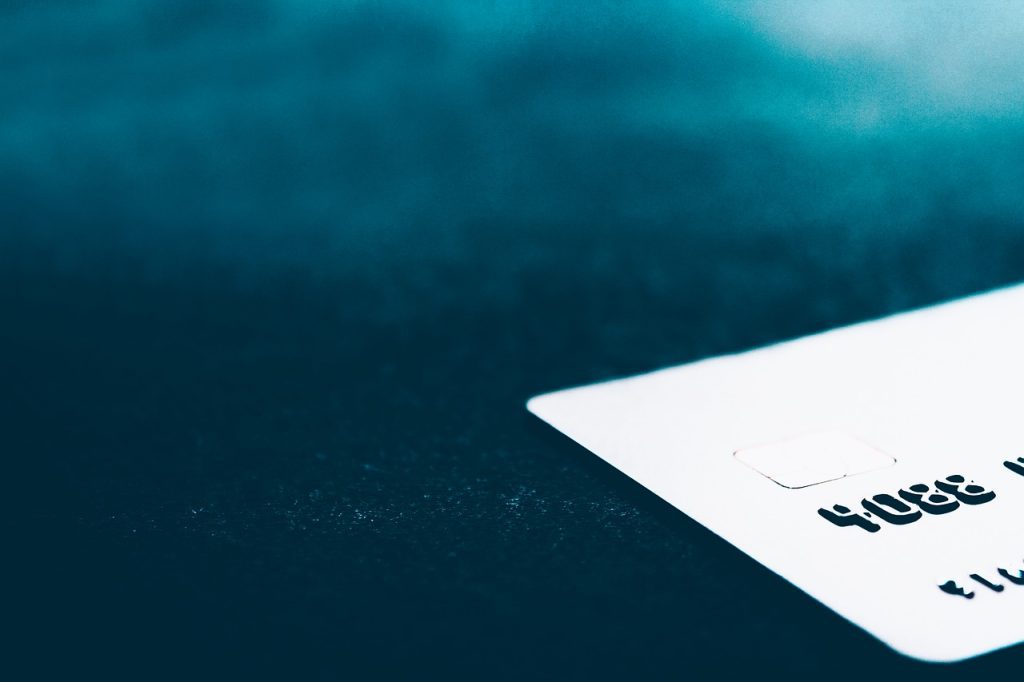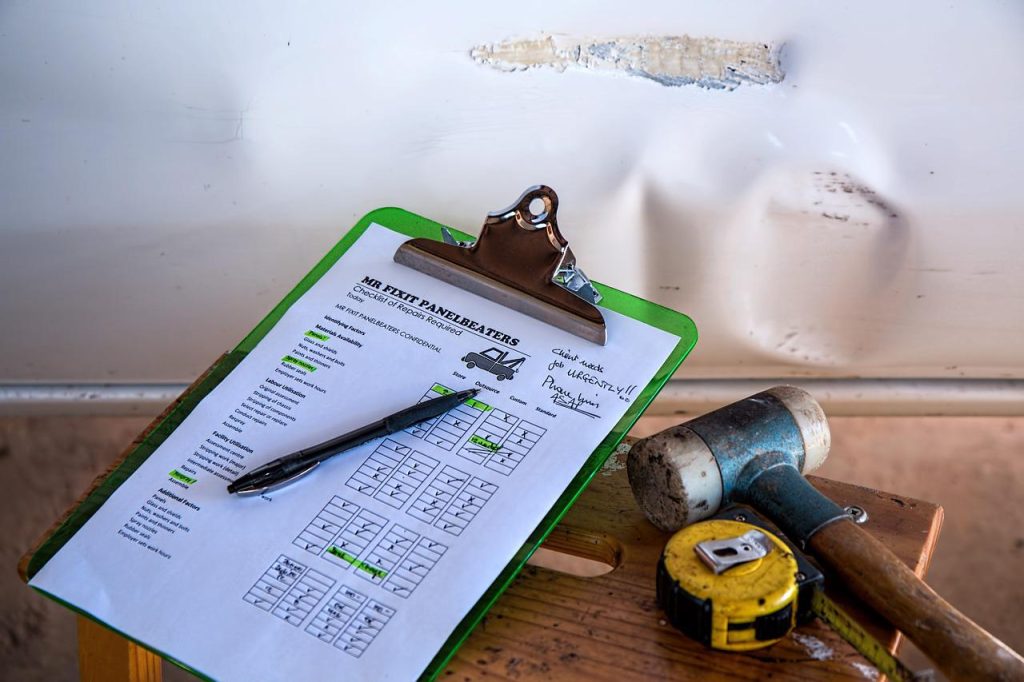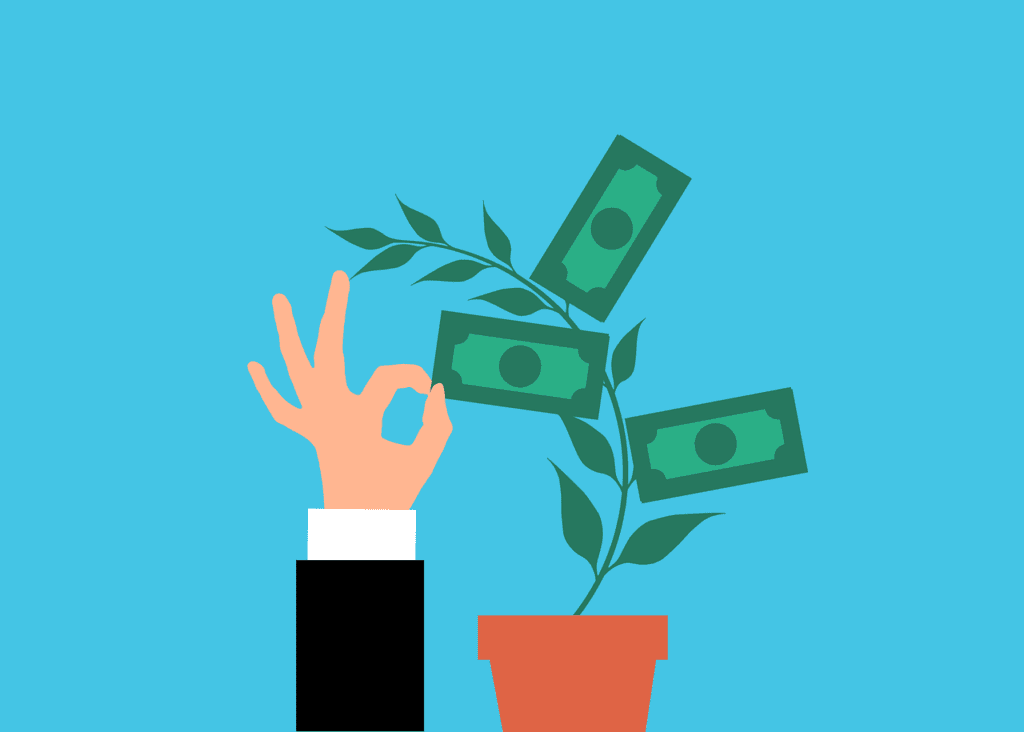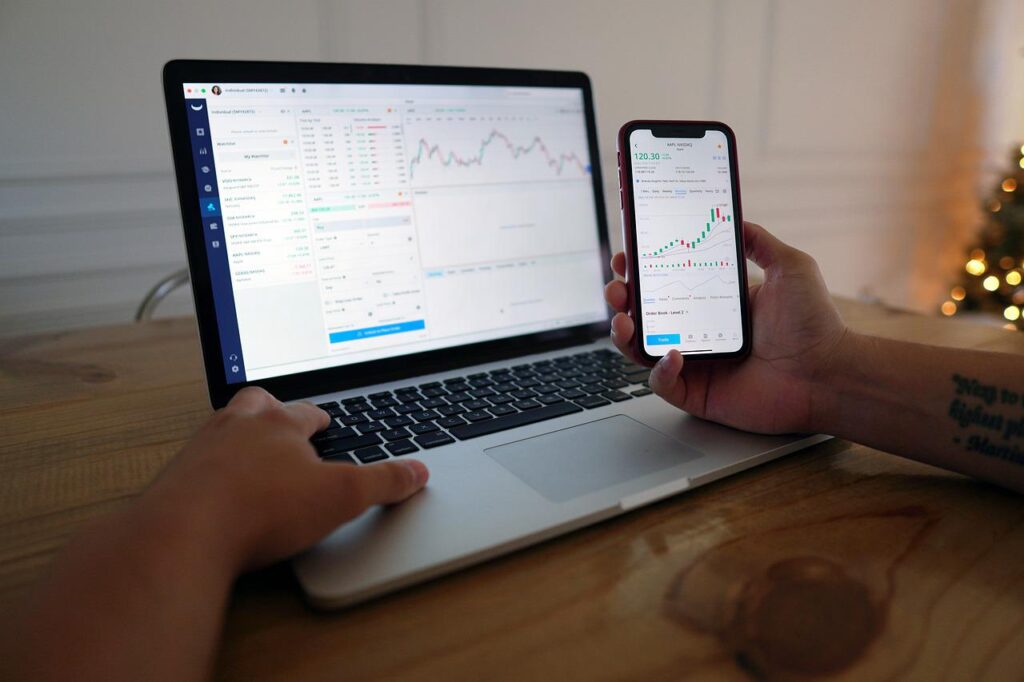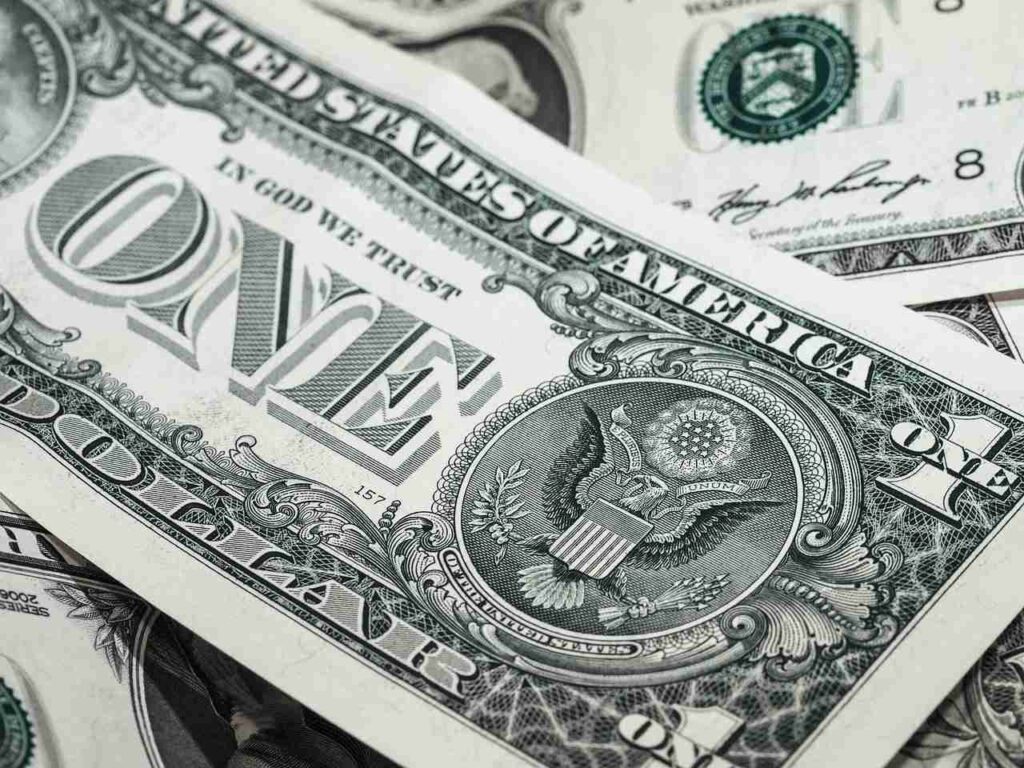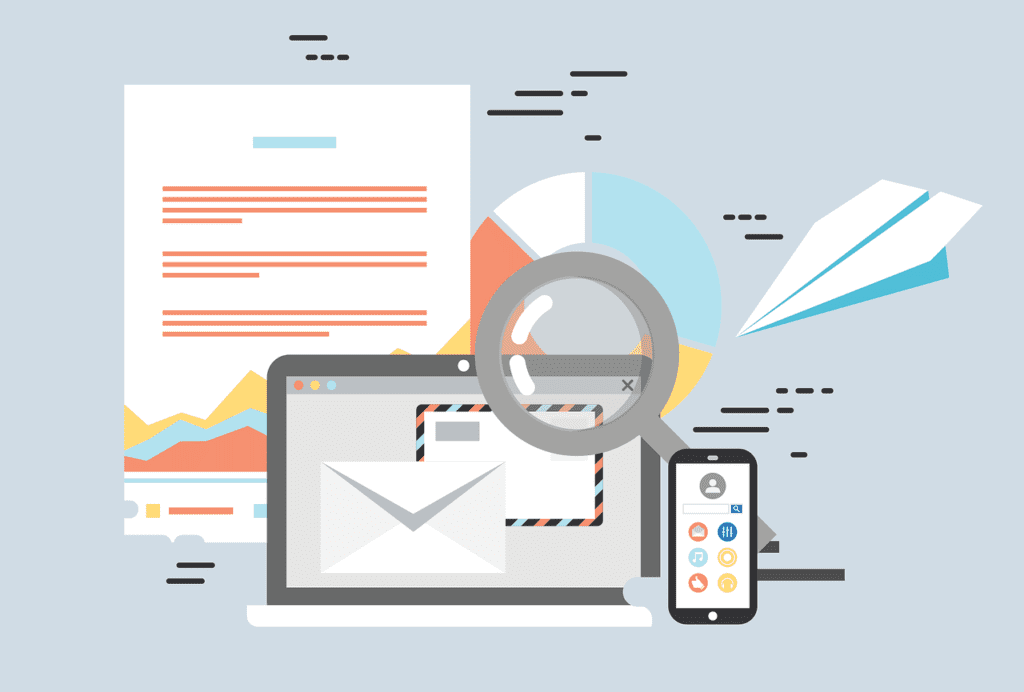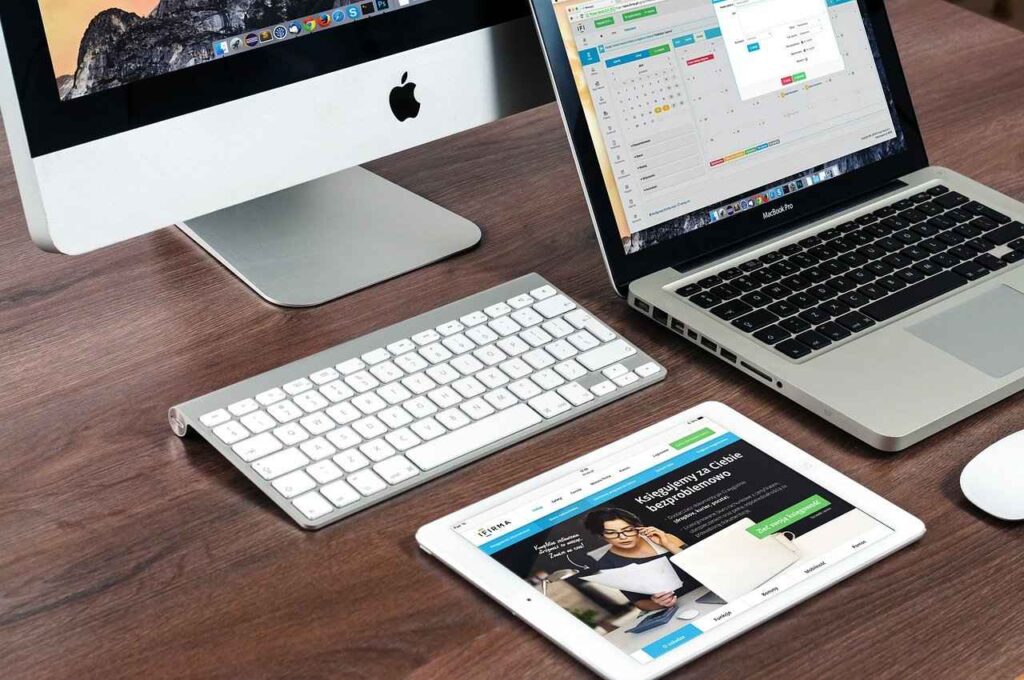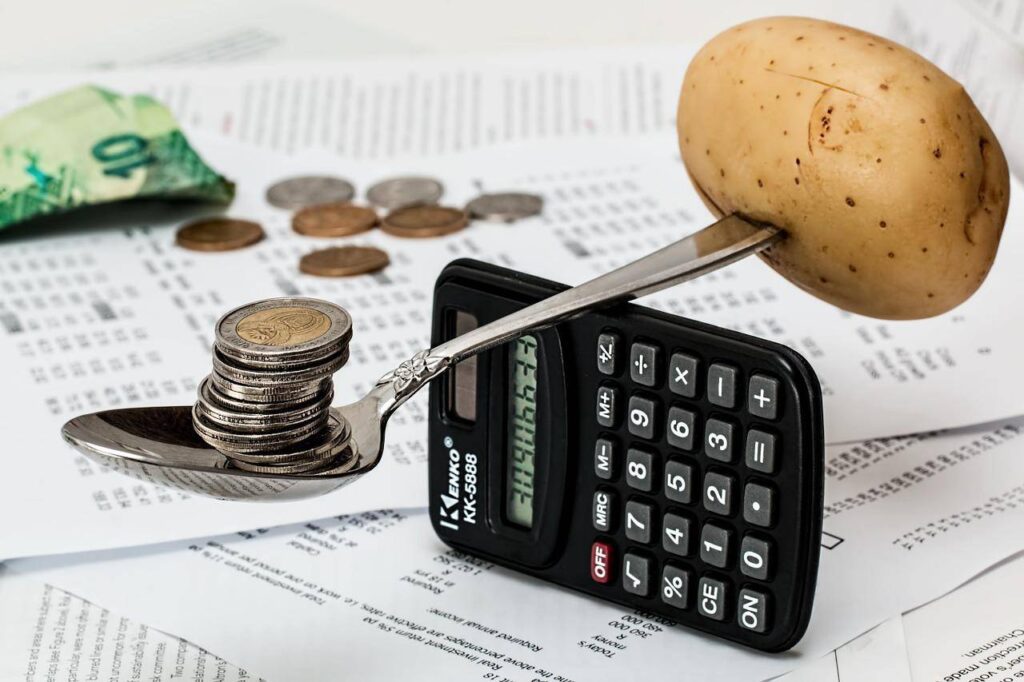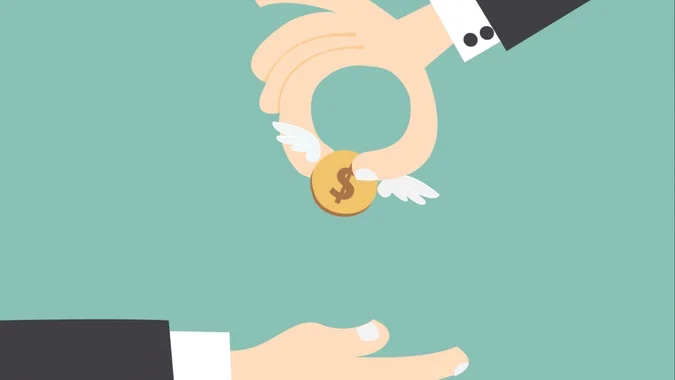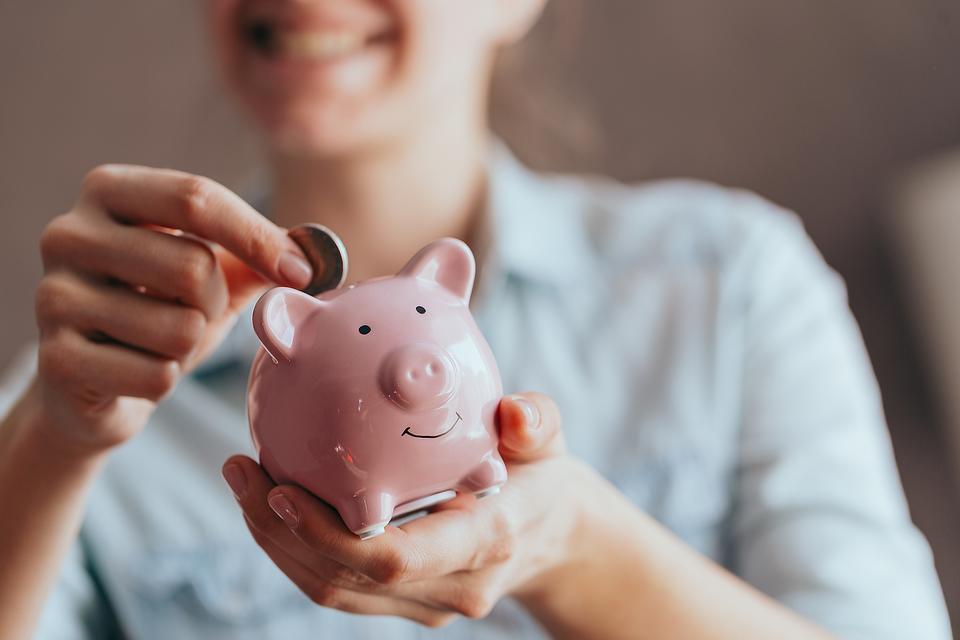Your finances should work for you. If you’re spending money on things that you don’t really need, that’s not going to help you achieve the life you want. Even if you have a pretty good grasp on how much money you have, and how much you can realistically save each month, there are still going to be times when you find yourself in need of a little extra capital.
When you don’t have a budget, it can be hard to know where your money is going. This can end up having a negative effect on your finances as a whole and can prevent you from saving money for the life you want. But, it doesn’t have to be like that.
By creating a budget, you can ensure that you’re spending your money on the things that are most important to you. It doesn’t have to be difficult, either. As long as you have a clear idea of what your financial goals are, and where you want to be in the future, you can create a budget to help you achieve that.
What Is A Personal Finance Budget?
A Personal Finance Budget is a document that outlines the amount of money you have, and the amount of money you spend each month. It’s a simple plan that shows you how you plan to spend your money, and whether you have enough money in your bank account to cover that spending.
The most important part of a personal finance budget is knowing where your money is going. When you don’t have a budget, it can be very easy to just spend money on whatever you want! This can lead to you having way more money than you need, without knowing where it’s all going. By knowing where your money is going, you can ensure that you’re only spending money on things that are truly important to you.
Why Is A Personal Finance Budget Important?
If you don’t have a personal finance budget, it can be easy to spend a lot of money and not know where it’s all gone. Before you know it, you’ve got a mortgage on your home, and you’re struggling to make the repayments each month. This can be extremely stressful, and it’s not what you want for your finances. A personal finance budget can help you avoid this.
People who don’t have a personal finance budget are also at risk of not having enough money to retire when they want to. This is because, without a budget, you’re not going to know when you’re going to need to start withdrawing money from your investments.
This is usually a few decades away but without knowing when you need to start withdrawing, you might end up withdrawing before you need to. With a personal finance budget, you can ensure that you have enough money saved for your retirement.
Make A Plan To Achieve Your Goals
Before you create a budget, you need to decide what your financial goals are. If you don’t know what you want, how you can get it? That’s going to be much more difficult. Make a plan to get clear on what your goals are for your finances, and what you need to do to achieve them. Once you know what those goals are, it’s going to be much easier to work out how you’re going to reach them.
Set Up The Tools You Need
Once you know where your money is going, you can set up the tools you need to make sure that your money goes where it’s supposed to. Knowing where your money is going, you can make sure that it goes to the right place.
For example, you can set up a monthly direct debit to make sure that your bills are paid on time. Setting up the tools that you need to make sure that your money is going to the right place will make it a lot easier to manage your finances.
Track Your Spending
When you have a budget, it’s important to track your spending. Whether you use a budget app, or just write down what you spend your money on, you need to be able to track your spending. This is important because it shows you where your money is going.
Then, you can use this information to make adjustments to your budget. For example, maybe you don’t need as many lattes as you thought you did! By tracking your spending, you can make sure that your finances are working for you.
Get Organised And Stick To Your Budget
Once you know where your money is going and how you’re going to spend it, you can get organized and stick to your budget. This is important because it shows that you care about your finances.
Once you’ve stuck to your budget, you can use this information to identify any areas for improvement. If you find that you’re spending too much money on restaurants or petrol, for example, you can make adjustments to your budget to ensure that you don’t do this in the future.
The Final Step: Enjoy The Results
Once you’ve managed your finances successfully, you need to make sure that you enjoy your finances. Sometimes we forget to enjoy our finances because we’re so focused on saving money and saving for the future.
It’s important that you take the time to enjoy your finances because it’s something that you can’t get back once it’s gone. If you’re not enjoying your finances, you’re going to have a much harder time-saving money. So, make sure that you enjoy your finances and make the most of them every day.


